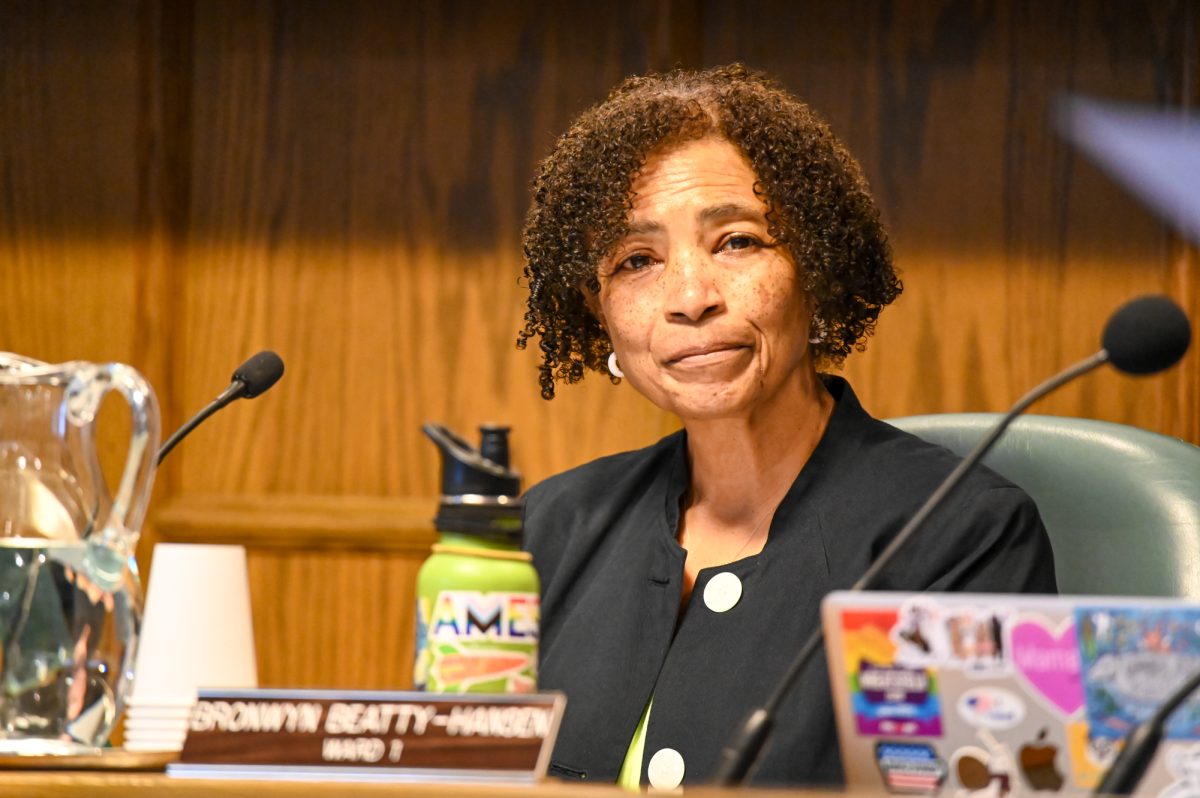LETTER: Evidence for ‘gay gene’ theory lacking
March 3, 2003
This letter is in response to Joel Taylor’s feedback in the Feb. 26 edition of the Daily, titled “Same-sex couples deserve benefits.” In his letter Mr. Taylor states: “With 10 percent of the population born gay…”
In order to be “born gay” you need to be born with a homosexual gene, and with the millions of genes we have in our chromosomes, to this day, scientists have not made the actual discovery of a “gay gene.”
If you visit http://www.na-rth.com — it is an organization “founded in 1992, composed of psychiatrists, psychoanalytically informed psychologists, certified social workers and other behavioral scientists, as well as laymen in fields such as law, religion, and education” — they can tell you more about homosexuality than you may want to know.
Once people understand the hows and whys of homosexuality then we can debate what we feel is good or not good for our fellow man.
Children are not born gay, but possibly the environment in which they grow up in just before or during their puberty years may affect their future sexuality. I wouldn’t wish the environment needed for the homosexual path on any of my friends. That path may or may not include sexual abuse; it may be as simple as not being accepted by same-sex peers or by not having a close relationship with the same-sex parents. It can even be a fear towards the same-sex adult or the abusive parent.
This issue of environment is not new. In biology class last week we talked about environmental factors.
One example was if you are born with a dominant gene to be tall, but grow up in a stressful environment, you may actually end up being short.
I can’t support homosexuality because I can’t support the path of pain they had to go through for them to develop their homosexual lifestyle. The more we learn about homosexuality, the more information can be gathered to help work through the pain, and in many cases, since homosexuality is not a gene, reverse homosexuality into heterosexuality. But we all need to educate ourselves and talk about this issue.
It is not about who deserves benefits and who doesn’t, it is about getting the truth about homosexuality and allowing people to talk about their past without guilt or judgment.
Nancy Suby-BohnSenior
Civil Engineering






